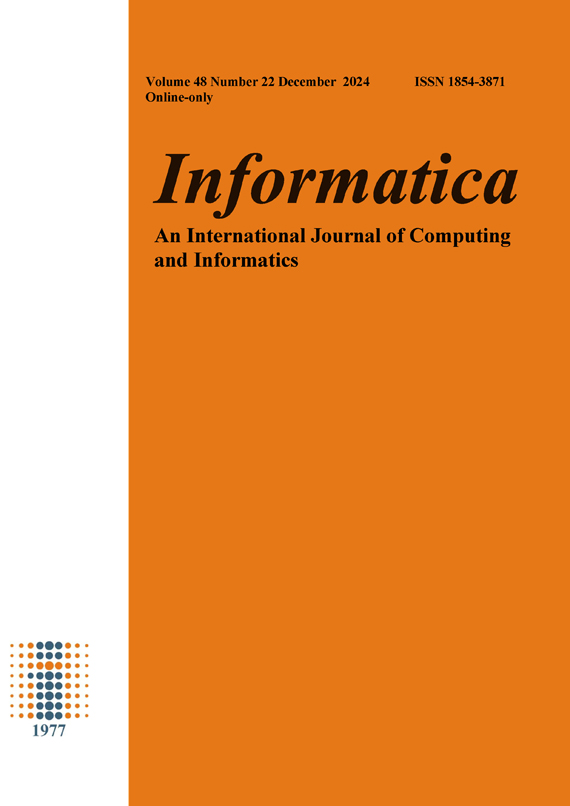Evaluation of Disease-Predictive Machine Learning Framework using Linear and Logistic Regression Analyses
Abstract
Predicting diseases with revolutionary tools has recently been so significant in the domain of computer-assisted software for disease diagnosis, treatment and therapy management. Some of these life-threatening diseases could be challenged with early prediction and diagnoses thereby saving lives as well as healthcare cost. Unfortunately, among these diseases are those with more extreme challenges when it comes to diagnosing, as there are no specific tests to confirm the disease and many symptoms overlap with those of other neurodegenerative disorders such Parkinson’s diseases, essential tremor, a condition that causes involuntary and rhythmic shaking seen similar to Parkinson’s, such could also be traced to most forms of cancer diseases. Apparently, harnessing Artificial Intelligence to predicting diseases has been the recent focus in disease diagnosis and therapy management. Considering the fact that medics confirmed Artificial Intelligence to be a non-invasive, predictive, preventive and personalized medical technique, it has therefore been cited as an alternate approach to helping physicians making accurate diagnosis, more quickly. This study proposed a machine learning framework for predicting diseases. The study was evaluated using linear and logistic regression analyses. The framework was designed and implemented to function in multimodal capacities hence datasets of one of the most prevalent cancers, breast cancer, seen as the leading causes of mortality among women, were also used in the evaluation of the framework. Interestingly, logistic regression analysis recorded the best accuracy in all the experimentations conducted with seed 6 and approximately 92.021 of accuracy. Linear Regression algorithm was rated poor with low prediction of 67.293% with the seed of 7 whereas logistic regression recorded approximately 88.298% with the same number of seed. While more efforts would be required to ensuring a firm prediction of Parkinson’s Diseases through the proposed framework, with the few datasets of Parkinson’s diseases used in the study, the framework was able to detect the presence of Parkinson through status indication of ‘1’ or its absence with the status ‘0’ using logistic regression analysis. Significantly, the evaluation proves the framework resourceful, not only in multimodal capacities but also to an appreciable extent in predicting diseases.DOI:
https://doi.org/10.31449/inf.v48i22.5582Downloads
Published
How to Cite
Issue
Section
License
Authors retain copyright in their work. By submitting to and publishing with Informatica, authors grant the publisher (Slovene Society Informatika) the non-exclusive right to publish, reproduce, and distribute the article and to identify itself as the original publisher.
All articles are published under the Creative Commons Attribution license CC BY 3.0. Under this license, others may share and adapt the work for any purpose, provided appropriate credit is given and changes (if any) are indicated.
Authors may deposit and share the submitted version, accepted manuscript, and published version, provided the original publication in Informatica is properly cited.









